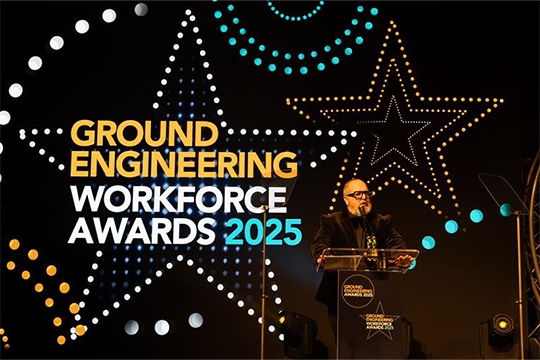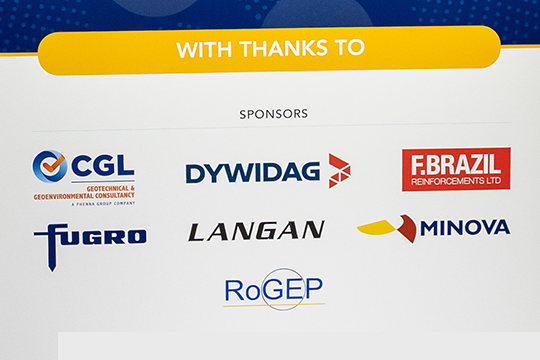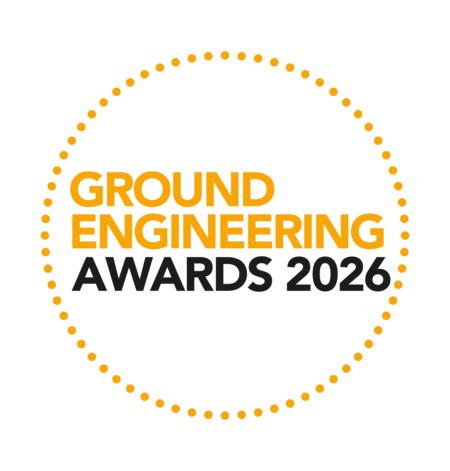17 June 2026 | JW Marriott Grosvenor House Hotel
Grounded in Excellence. Driven by People. Engineering the Future.
The Ground Engineering Awards bring together industry leaders to celebrate outstanding achievements across projects, people, and businesses from January 2025 to January 2026.
This prestigious event highlights excellence in ground engineering, including the return of the acclaimed GE Workforce Awards categories. It’s the perfect opportunity to showcase your business, stand out from your competitors, and recognise the hard work of your teams.
With categories spanning innovative projects, technical excellence, and forward-thinking companies, all judged by an expert industry panel, the GE Awards are open to any business in the ground engineering sector.
Don’t miss out on the opportunity to elevate your company, celebrate your team, and gain recognition by submitting your free entry before the extended deadline, you now have until - 30th January 2026.
Countdown to entry deadline

Enter
Start writing your entry now! Remember you don’t have to submit your entry right away, you have up until Friday 30 January.

GE Awards
Take a look at the established award categories promoting geotechnical industry excellence.

GE Workforce Awards
Take a look at the workforce categories celebrating great places, initiatives and people driving the sector forwards.

Sponsorship opportunities
Tailored sponsorship packages are available to suit your marketing aims and budgets.














